Post
A catch
Save a catch to start your fishing logbook. You will be able to to share it with the community if yo want!
A fishing trip
Post an ad to go fishing with other fishermen
Save a catch to start your fishing logbook. You will be able to to share it with the community if yo want!
Post an ad to go fishing with other fishermen
Share a thought, a question with the community
My favorite cities
×Join our 723 fishermen in Sefton in Merseyside. The fishing forecast is currently 3.3. The most caught fishes here are the john dory fish, the pollack fish, the coalfish and the conger eel. Come try the most famous fishing techniques like the cast fishing with oak seed, how to choose jig for squid fishing?, scrapped fishing or tips on material to catch pollack with longline.
Our fishing forecast of Sefton indicates the best time to go fishing in this city.
The John Dory Fish
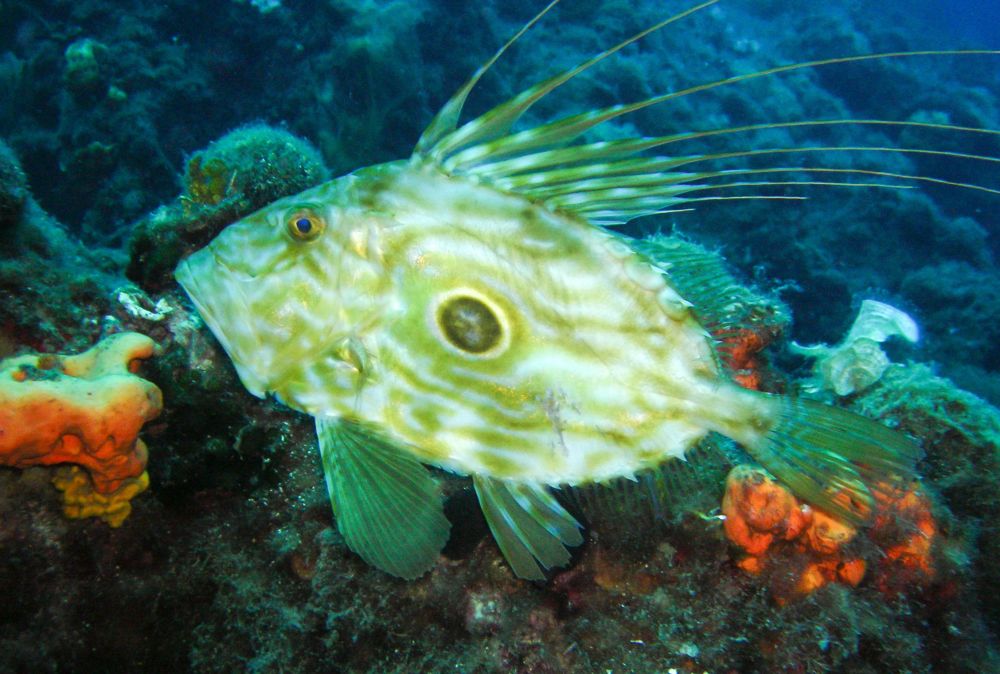
The John Dory fish belongs to the Zeidae family. It measures 30 to 50 cm on average and can reach a maximum weight of 8 kg. It can live up to 12 years. This fish is caught all year round but more easily from April to July. This fish has a high body and very strongly compressed laterally. Its head and the base of its fins carry thorns and bone ridges. The filaments carried by the dorsal fin are very long in juveniles and gradually regress until the animal reaches its adult size. Its eyes are high and his protractile mouth is widely split. An arched lateral line can be seen above the pectoral fins. Its color varies from grey-green with silvery to golden yellow reflections, often marked by longitudinal mottling. A large black eye patch surrounded by grey adorns the middle of each flank.
The John Dory Fish is a famous fish you can catch in Sefton.The Pollack fish
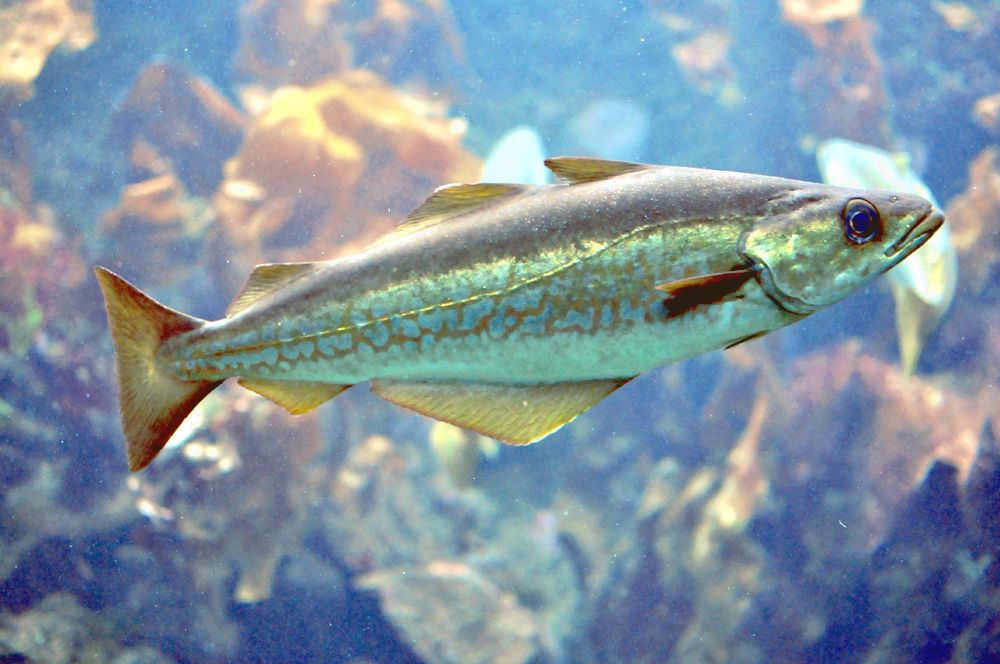
The Pollack fish belongs to the Gadidae family. Its size can reach 1.40 m for an average of 60 to 80 cm. The Pollack grows very quickly and lives between 8 and 10 years, while most pelagic fish have a lifespan of more than 20 years. Reproduction takes place in February March. Fertility can reach 4 million eggs. It can be fished all year round. Elongated body, covered with small scales, orange-yellow color, darker on the back, marbled in young individuals, bright yellowish white in adults. Prominent lower jaw, big eye. The dark-colored lateral line is curved at the pectoral fins, which makes it easily distinguishable from the black locus (Pollachius virens) in which it is straight. The Pollack, like many Gadidae, has three clearly triangular dorsal fins and two anal fins. It is one of the few Gadidae that does not have chin barbells. Juveniles are rather reddish brown with longitudinal stripes of blue-grey.
The Pollack fish is a famous fish you can catch in Sefton.The Coalfish
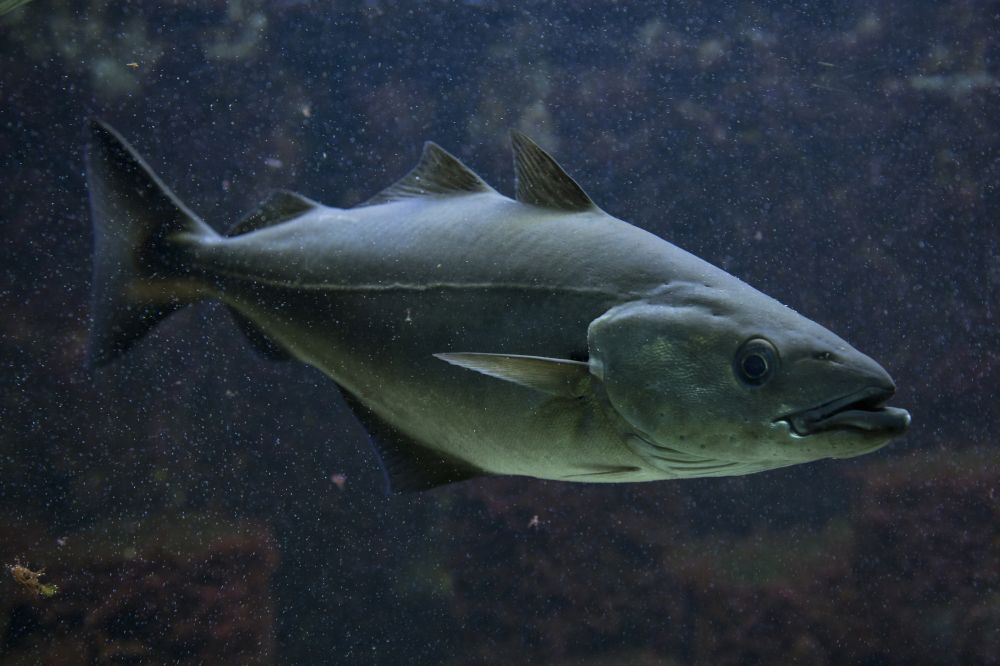
The Coalfish belongs to the Gadidae family. With a size of up to 1.30 m, the coalfish can weigh up to 10 kg. It has a life span of 8 to 10 years. The breeding period varies according to the location. The female lays up to 4 million eggs. It can be fished all year round but at a minimum catch size of 61 cm. Its body is fusiform and elongated, covered with small round scales. In profile, the lower jaw is slightly prominent. The back is greenish brown; the belly is silvery. The clear and almost straight lateral line is well marked. It extends along the entire length of its sides. There may also be a black spot at the base of the pectoral fins. The mouth is terminal. She's black on the inside. The fins are soft-raked. They are dark like the back of a fish, except for the lighter pelvic fins. The coalfish has 3 dorsal fins, the first being triangular, the others longer, and 2 anal fins. The pelvic fins are positioned well forward, under the head, and the caudal fin is a little concave. Young people may have a small barbel on their chin.
The Coalfish is a famous fish you can catch in Sefton.The Conger Eel
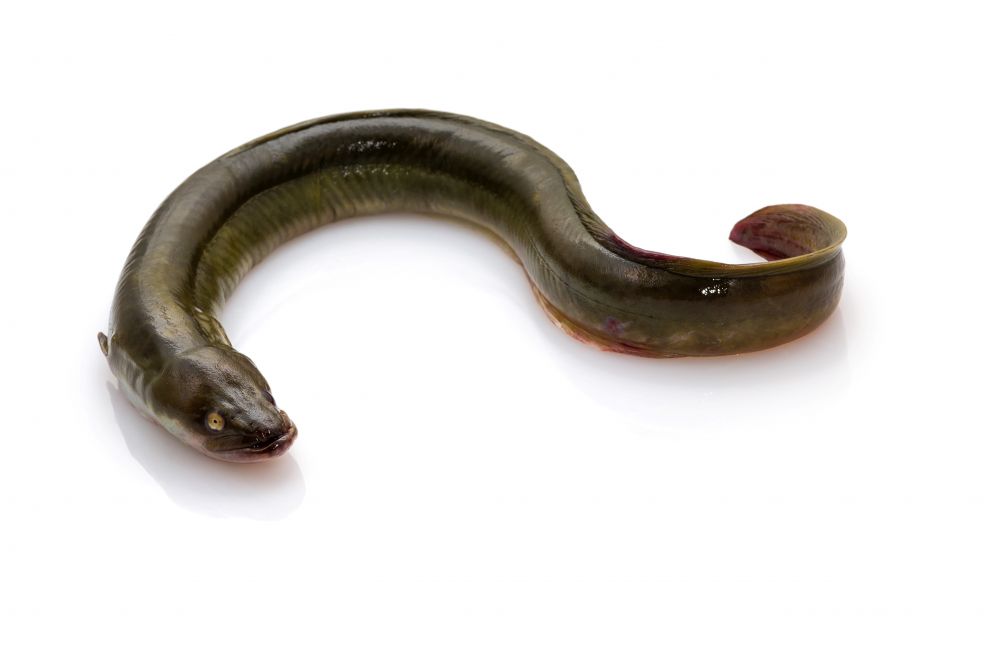
The Conger Eel belongs to the Anguillidae family. Its average size is 40 to 150 cm for an average weight of 4 kg. It has a life span of 50 years old. They breed from spring to summer. The best period to fish for Conger Eel is from April to September at night. Snake-shaped, oval body and the rear part is vertically compressed. The skin is relatively thick and covered with mucus that covers the scales. The lower jaw is longer than the upper and the nostrils are tubular. The dorsal and anal fins merge with the caudal fin and this all forms a single continuous fin that starts well behind the pectoral fins. There is no pelvic fin. Back brown-green with yellowish belly for yellow eel but back black with silver belly for silver eel. It turns black with a silver belly in silver eels for individuals ready to migrate to the Sargasso Sea.
The Conger Eel is a famous fish you can catch in Sefton.The Ling fish
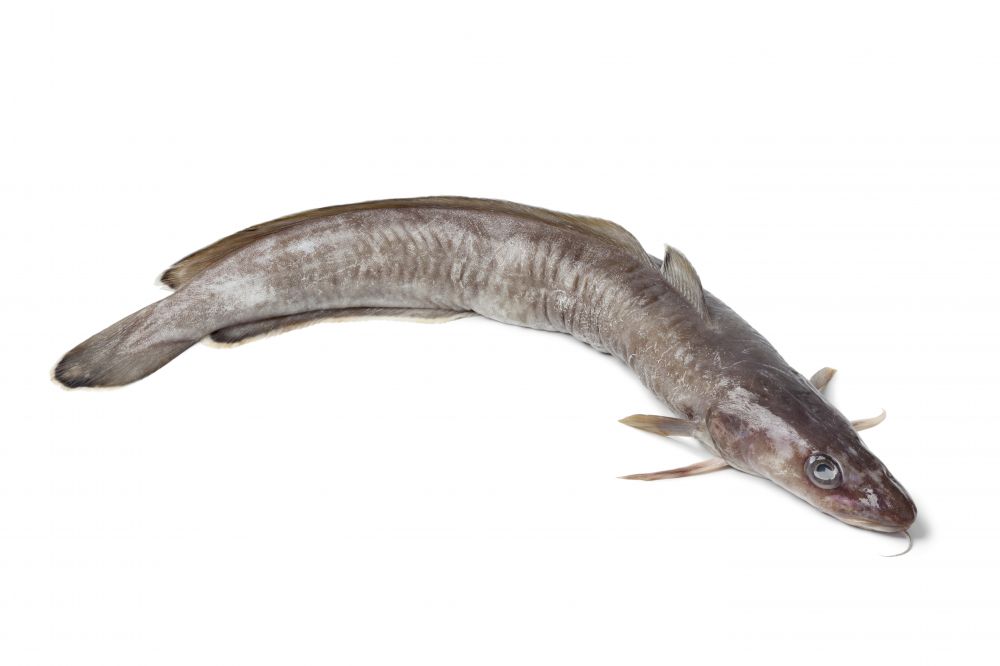
The Ling fish belongs to the Lotidae family. It generally measures 1.60 m in adulthood, but can reach a height of 2 meters and weigh up to 45 kg. Its longevity is estimated at 10 years for males and 14 years for females. Breeding takes place from March to July. The female can lay up to 60 million eggs. It can be fished all year round except in winter. The Ling has a cylindrical and very elongated body. The head is flattened with a prominent upper jaw. The fairly long chin barbell is larger than the diameter of the eye. This species has two dorsal fins and one anal fin. The first dorsal fin is shorter and often shows a black spot on the back, the second one runs the rest of the body to the tail. The black caudal fin has a white border on the tip. It is uniformly greenish brown in color, but slightly darker dorsally in adults. The young are often lighter, with its coloring more or less marbled orange.
The Ling fish is a famous fish you can catch in Sefton.Our fishing forecast of Sefton indicates the best time to go fishing in this city.
Our fishing forecast of Sefton indicates the best time to go fishing in this city.
Our fishing forecast of Sefton indicates the best time to go fishing in this city.
